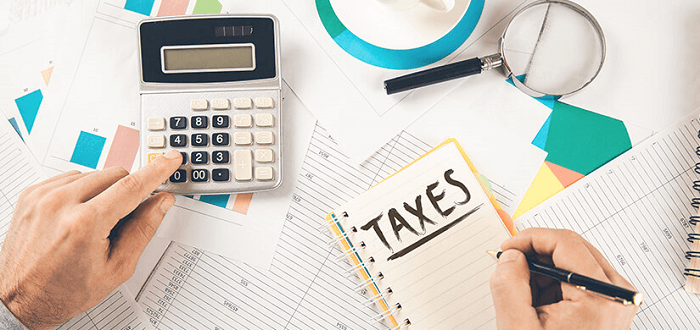Navigating the intricate world of taxes in Ireland can be a daunting task. Whether you’re a business owner, an individual taxpayer, or an expatriate, having a skilled tax accountant by your side is essential. But with so many professionals to choose from, how do you select the right tax accountant Ireland? This guide offers valuable tips and advice to help you make an informed decision and ensure your financial affairs are in expert hands.
The Importance of a Competent Tax Accountant
First and foremost, it’s crucial to understand why having a capable tax accountant in Ireland is essential. Here are some reasons why their expertise matters:
- Tax Compliance: Ireland’s tax laws are intricate and subject to frequent changes. A knowledgeable tax accountant will ensure that you remain in compliance with all tax regulations, minimizing the risk of penalties or audits.
- Tax Efficiency: A skilled accountant can identify legitimate deductions and credits, helping you optimize your tax liability and potentially save money.
- Time Savings: Handling taxes can be time-consuming and complex. A tax accountant can take this burden off your shoulders, allowing you to focus on your core responsibilities.
- Financial Planning: Beyond tax compliance, a tax accountant can provide valuable financial planning advice, helping you make informed decisions about investments, retirement, and other financial matters.
Tips for Choosing the Right Tax Accountant
Now, let’s explore the steps and considerations when selecting the right tax accountant in Ireland:

- Qualifications and Credentials: Ensure that the tax accountant is a qualified professional. Look for certifications such as Chartered Accountant (CA), Certified Public Accountant (CPA), or Tax Consultant (CTC).
- Experience: Experience matters in the world of taxes. A tax accountant with years of experience is more likely to have encountered a wide range of tax situations and can navigate them effectively.
- Specialization: Some tax accountants specialize in specific areas like business taxes, international taxation, or personal finance. Choose an accountant whose expertise aligns with your needs.
- Reputation: Check online reviews and ask for recommendations from friends, family, or business associates. A tax accountant with a solid reputation is a good indicator of their reliability and professionalism.
- Fees and Pricing: Discuss fees and pricing upfront. Some accountants charge hourly rates, while others offer fixed-fee arrangements. Clarify the fee structure to avoid surprises.
- Accessibility: Consider the accountant’s availability and communication style. You want someone who is responsive and approachable, especially during tax season.
- References: Ask for references and contact previous clients if possible. Hearing about others’ experiences can provide valuable insights into the accountant’s performance.
- Technology and Software: In today’s digital age, a tax accountant should be proficient in using tax software and technology to streamline processes and ensure accuracy.
